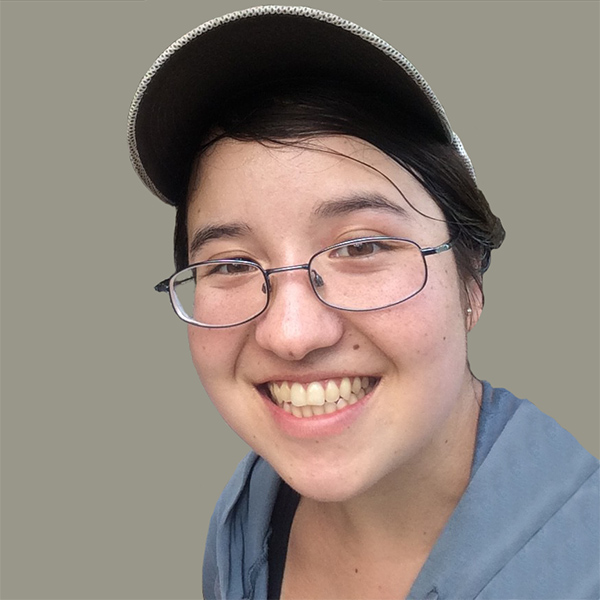Preparing For Cardiology Fellowship

Transitioning from residency to fellowship is both an exciting and terrifying time for everyone. In the weeks before moving to a new state and starting my fellowship, I often wondered how I was supposed to prepare for the transition.
Was there some secret syllabus I needed to know? Should I read ECGs? Echos? Caths? Now that I am three months (and change) into fellowship, I have better answers to those questions than I did those few short months ago.
What should I know before starting fellowship?
What have you learned in your internal medicine residency? That. In other words, all that hard-earned knowledge from medicine residency is all you need to really know going into fellowship.
A good cardiologist starts out as a good internist, and I cannot tell you the number of cardiology consults you will get that can be answered with just the knowledge you get from your residency. Speaking of consults, you might be considering doing extra cardiology consult rotations to prepare. Do this out of love for the field if you want.
However, keep in mind that you will never do a rotation in pulmonary, nephrology or neurology as a cardiology fellow, but will need to know a lot about those fields anyway!
Should I learn how to read ECGs? Echoes? Cath films?
Yes! And no. And maybe! If you are taking care of patients who have had these studies done, consider doing your own reads and then comparing your interpretations to the final reports.
One of the best ways to learn new skills is to apply them to your own patients, and this will stick better working through the latest guidelines.
Do I need to know how to do lines or procedures?
It is helpful but not strictly necessary. Most residents will be comfortable placing arterial and central lines by the time they finish training, but that is certainly not true for every resident.
Keep in mind that many entering fellows are coming off of chief resident, hospitalist or research years, and may not have done a procedure in months if not longer. You will learn to do these procedures (and more) in fellowship.
Okay, so what should I do to prepare?
Honestly, whatever you want. Do nothing but cardiology electives, or do everything but cardiology to get the experience? Yes. Do research? Sure. Take as much vacation as possible?
Actually, this one is probably the best idea. More than any piece of knowledge or technical skill, energy and enthusiasm to learn are the single best qualities you could bring with you to fellowship.
All these tips aside, at the end of the day the purpose of fellowship is to teach us how to be cardiologists, and so do not expect to know it all on day one!

